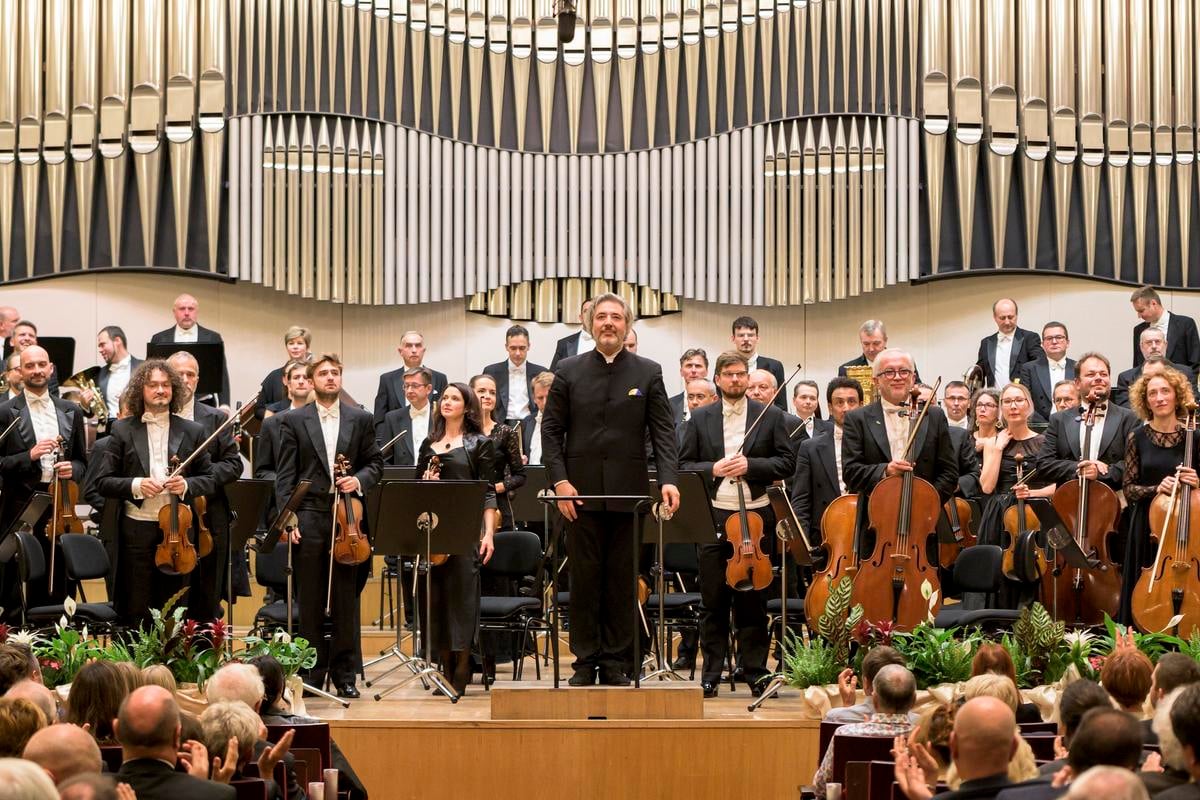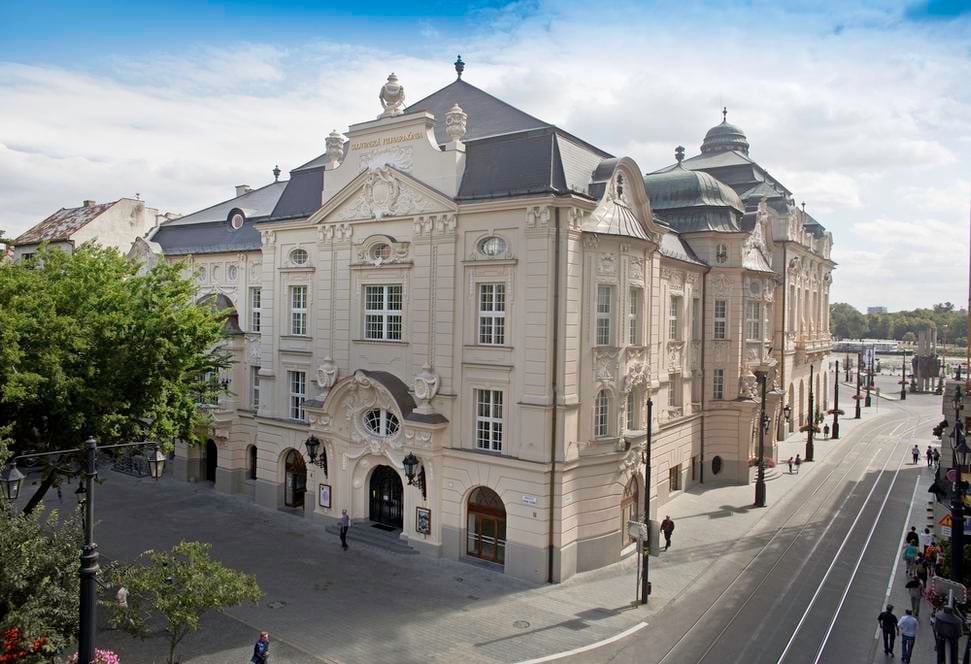A couple of days after returning to his Amsterdam home from a concert tour, Daniel Raiskin was confronted with a serious question.
“Dad, why do you have to scream all the time?” his daughter asked him quietly.
Raiskin, an experienced conductor who was appointed the Slovak Philharmonic’s chief conductor three years ago, amid the coronavirus pandemic, was being gently reminded by his daughter that, at least when he’s at home, he does not have to project as if he were on a large stage before dozens of artists.
Raiskin says conductors must speak loudly and clearly at work if they want to avoid an even less agreeable question.
“What you don’t want to hear, as a conductor, is: ‘Maestro, we can’t hear you. Can you repeat?’” Raiskin tells The Slovak Spectator, seated in one of the many high-ceilinged rooms in Bratislava’s Reduta, the ornate concert hall constructed in the 1910s that is now home to the Slovak Philharmonic symphony orchestra.
But to be a conductor, or a ‘silent musician’ on stage, there are other qualities required. Raiskin, who was born in the Soviet Union, feels that in order to grow into a great conductor, a person needs to be a consummate professional in the world of music. For him, it is also about creating conditions for artists to feel at their best, and to create an atmosphere in which the message of a composer’s music can come across instead of trying tirelessly to achieve a fixed interpretation of a work of music in a rehearsal stage.
“What I’m trying to do during rehearsals is to create an environment for absolute trust and freedom,” Raiskin explains.
But even he realises that, as he puts it, a perfect meal is nothing unless it is ultimately tasted and eaten by someone.



